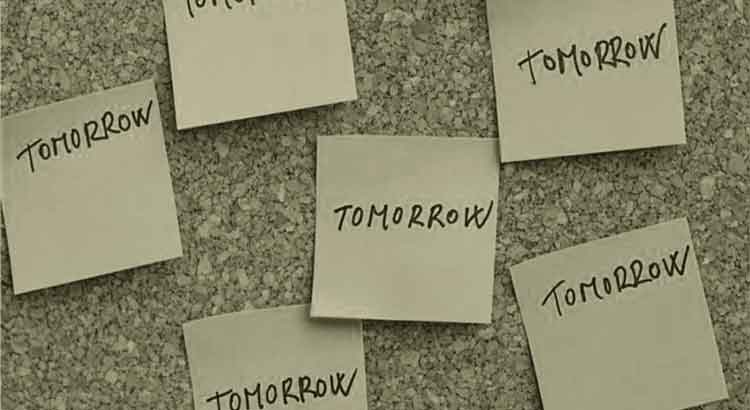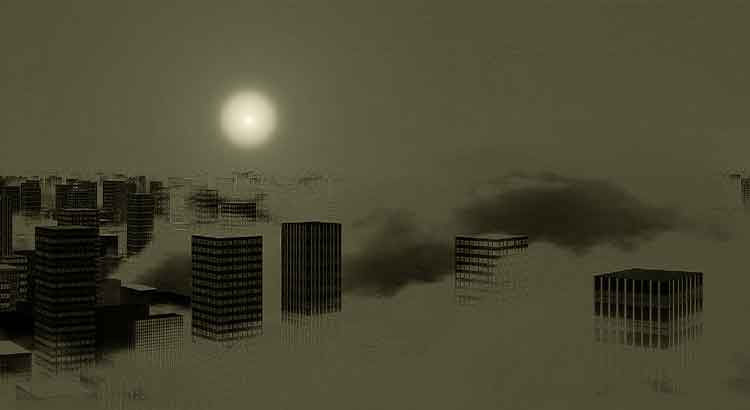There is no irony potent enough to express all the joy of these lines, now surrounded by lively jingles. The truth is that the words, stimulated, are already dancing. Oh, language, how impressive you are when well carved! Future, work, better, real, real, like us, different, different… Hope is the noblest of all the noble gifts given to the noble human spirit. The face, when it smiles in return for the promise, shows the virtue of the soul able to trust the sister of blessing. And together, in harmony, they are both predestined to build the Blessed Municipal Paradise!
____________
Read more:



